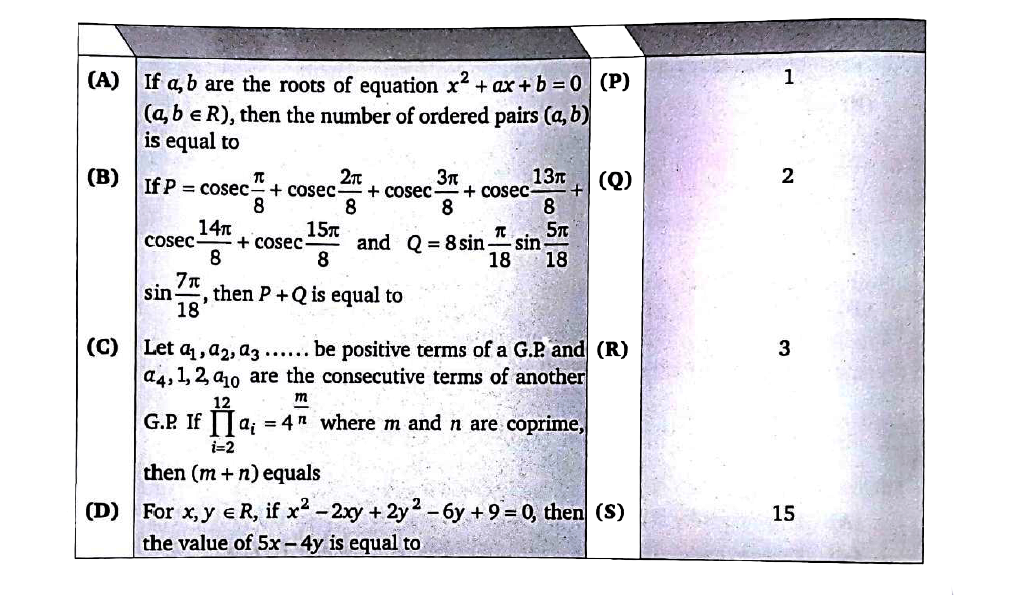The correct Answer is:A→Q;B→P;C→S;D→R
Topper's Solved these Questions
- QUADRATIC EQUATIONS BOOK - VK JAISWALCHAPTER - QUADRATIC EQUATIONS EXERCISE - EXERCISE (SUBJECTIVE TYPE PROBLEMS)
45 Videos
- QUADRATIC EQUATIONS BOOK - VK JAISWALCHAPTER - QUADRATIC EQUATIONS EXERCISE - EXERCISE (COMPREHENSION TYPE PROBLEMS)
23 Videos
- PROBABILITY BOOK - VK JAISWALCHAPTER - PROBABILITY EXERCISE - Exercise -5 : Subjective Type problems
12 Videos
- SEQUENCE AND SERIES BOOK - VK JAISWALCHAPTER - SEQUENCE AND SERIES EXERCISE - EXERCISE (SUBJECTIVE TYPE PROBLEMS)
21 Videos
Similar Questions
Let f(x)=ax2+bx+c where a,b,c are integers. If sin π7⋅sin 3π7+sin 3π7⋅sin 5π7+sin 5π7⋅sin π7=f(cos π7). then find the value of f(2):
View SolutionLet f(x)=ax2+bx+c,a≠0, such the f(−1−x)=f(−1+x)∀x∈R. Also given that f(x)=0 has no real roots and 4a+b>0.
Let α=4a−2b+c,β=9a+3b+c,γ=9a−3b+c, then which of the following is correct ?
View SolutionMr. A writes an article. The article originally is error free. Each day Mr. B introduces one new error into the article. At the end of the day, Mr. A checks the article and has 23 chance of catching each individual error still in the article. After 3 days, the probability that the article is error free can be expressed as pq where p and q are relatively prime positive integers. Let λ=q−p, then find the sum of the digits of λ.
View SolutionLet a,b,c,d be four distinct real numbers in A.P. Then half of the smallest positive valueof k satisfying a(a−b)+k(b−c)2=(c−a)3=2(a−x)+(b−d)2+(c−d)3 is __________.
View SolutionHow many lines of symmetry does the above figure have ?
View SolutionWhich of the following are correct chain isomers of butane ? (i)
View SolutionDetermine the point of symmetry of a regular hexagon.
View SolutionDtermine the images of the following figure about the given line :
View SolutionMatch the following Column A to Column B
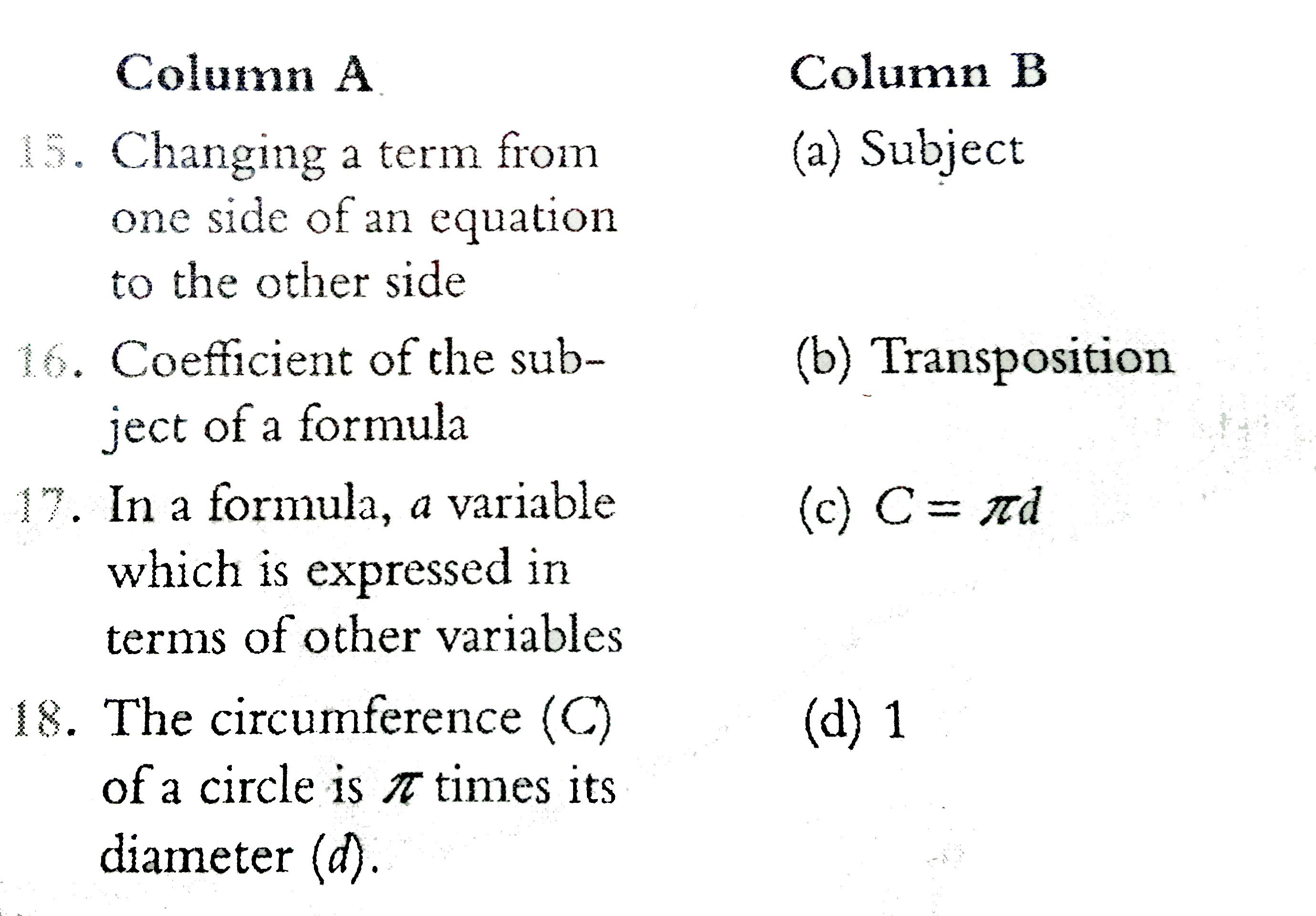
View SolutionMatch the following Column A to Column B
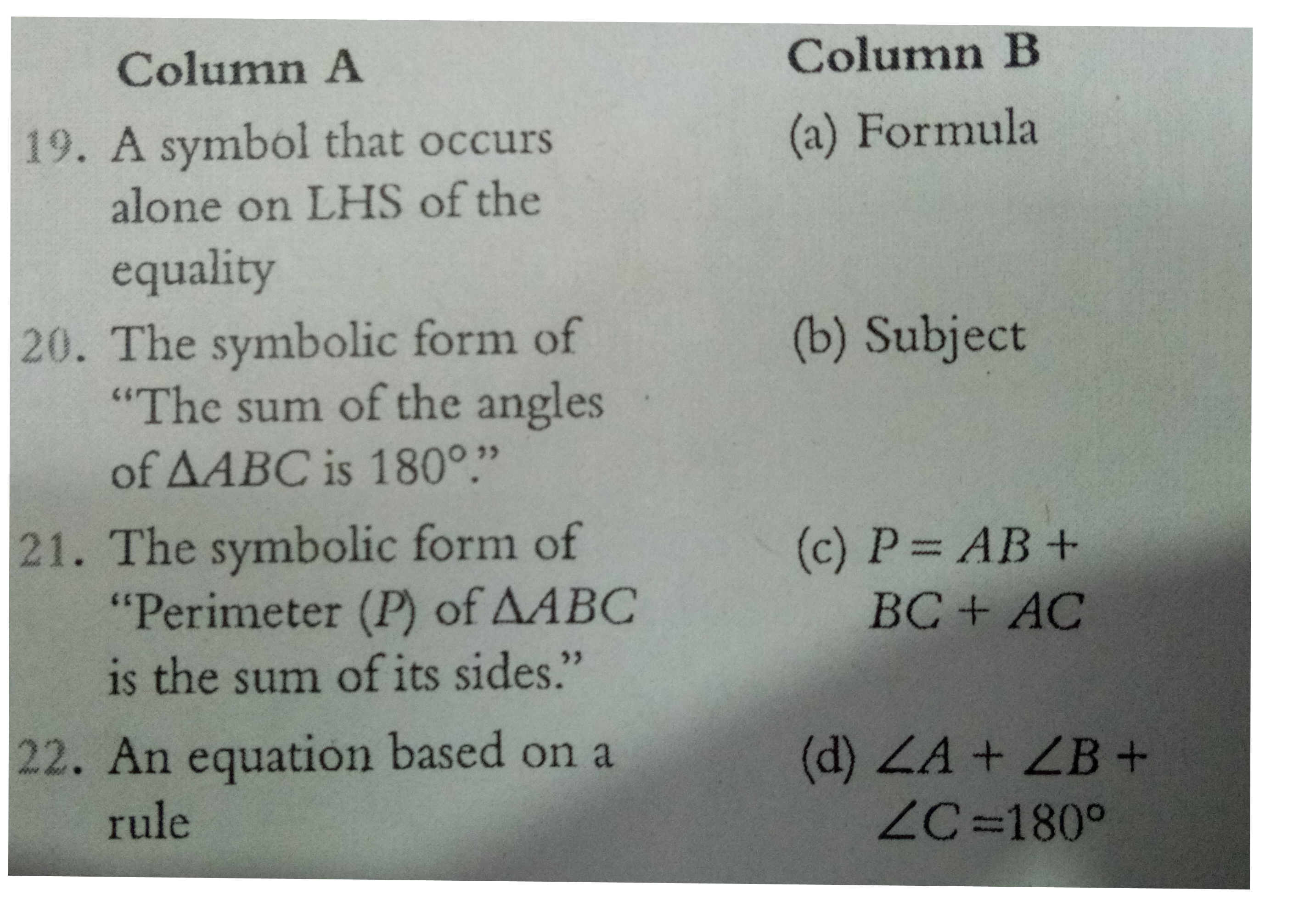
View SolutionMatch the following Column A to Column B
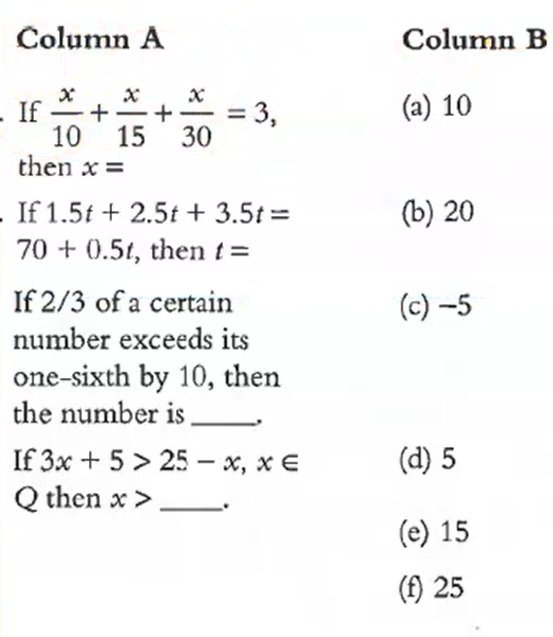
View SolutionFind the area of the figure given below.
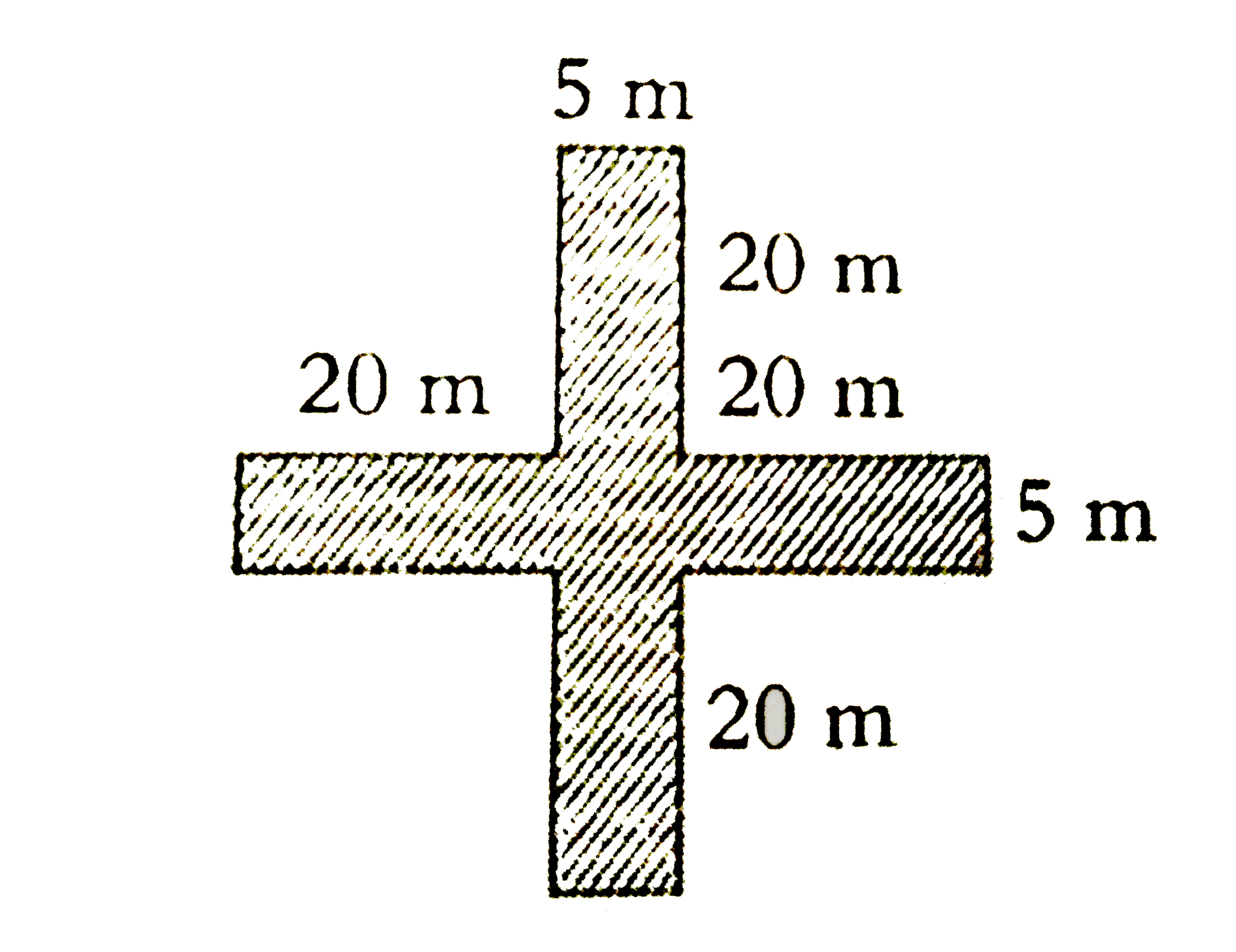
View SolutionThe area of the shaded part in the figure given below is ______.
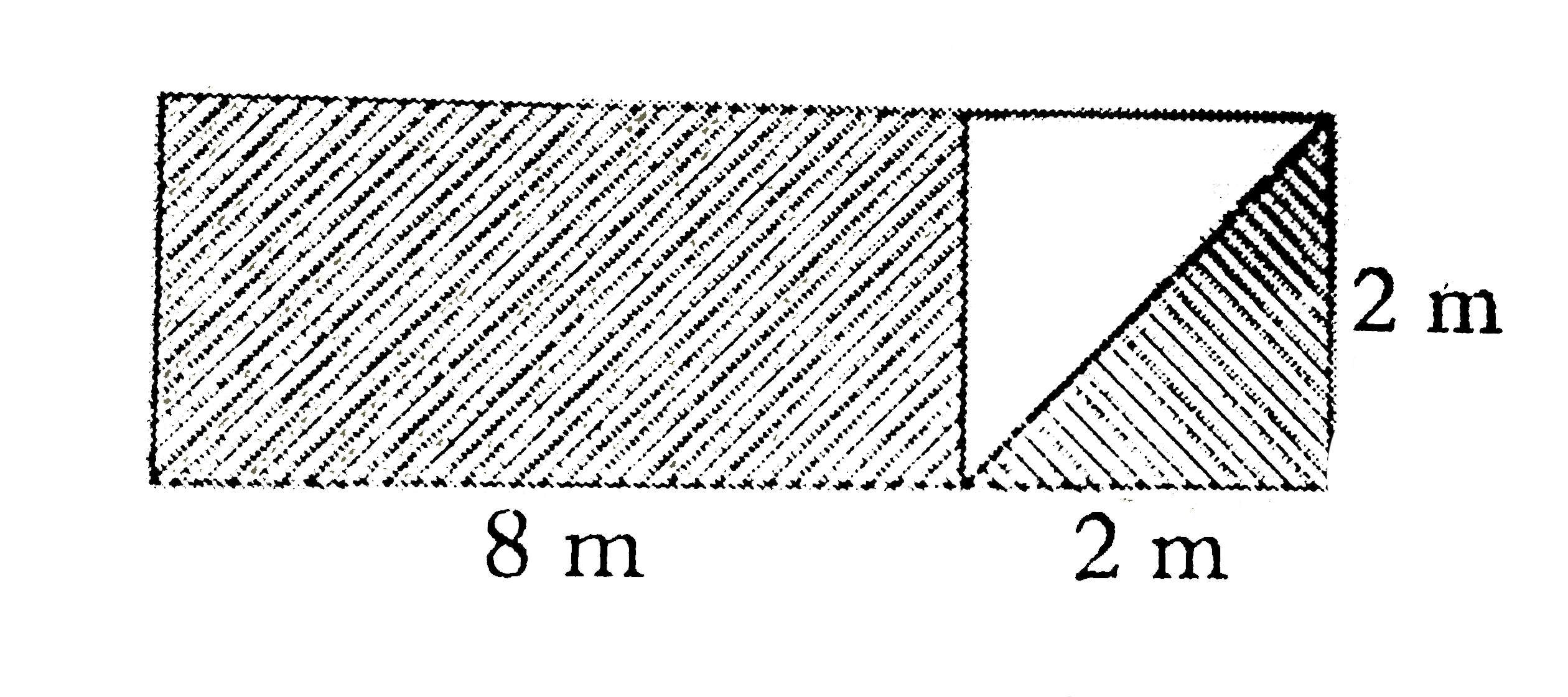
View SolutionThe inequation represented by the graph given below is :
View SolutionThe inequation that best describes the graph given below is _________
View SolutionThe inequation that best describes the following graph is _________
View Solution
